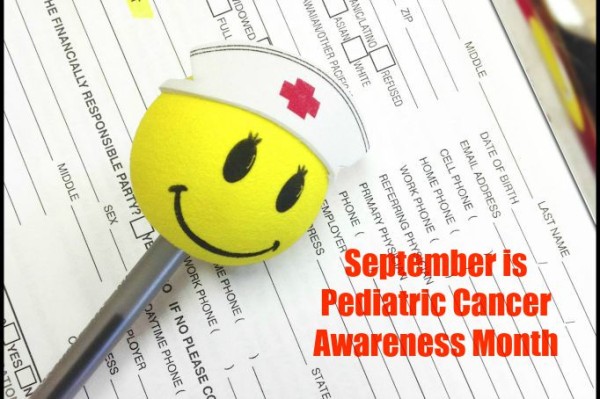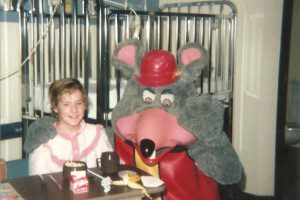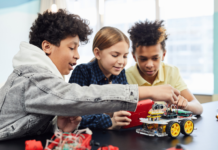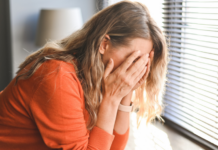 There are few words most people fear more than, “You’ve got cancer.” One of those things is, undoubtedly, “[insert your child’s name here] has cancer.” Twenty-nine years ago my parents heard those very words. A brain tumor. I was in and out of the hospital between the ages of ten and seventeen, had 3 surgeries, 6 weeks of radiation and a year of aggressive chemotherapy during that period. I had to learn to walk again at 16. I was not physically in school for half of high school. My short term memory has never been the same. My balance is still bad.
There are few words most people fear more than, “You’ve got cancer.” One of those things is, undoubtedly, “[insert your child’s name here] has cancer.” Twenty-nine years ago my parents heard those very words. A brain tumor. I was in and out of the hospital between the ages of ten and seventeen, had 3 surgeries, 6 weeks of radiation and a year of aggressive chemotherapy during that period. I had to learn to walk again at 16. I was not physically in school for half of high school. My short term memory has never been the same. My balance is still bad.
Now that I’m a parent I have a whole new appreciation for what that must have been like for my family, and I wake up every day hoping that neither I nor anyone I know has to find out. The struggles to keep life as close to normal for my brother; keeping their jobs; visiting the hospital; taking me to appointments this way and that, and the list that could go on forever is breathtaking – how they did it is beyond me. Again. I’m hoping to never have to find out.

Cancer prevention, research, and treatment is so much more advanced than it was at the time of my diagnosis and treatment. I continue to read everything I can for my own references, so I thought I would share some of the basic highlights with you:
- Before the age of 20, almost 300 American children will have had some kind of cancer. That includes the more common kinds of pediatric cancers, Leukemia, brain and other central nervous system tumors, Neuroblastoma, Wilms tumor, Lymphoma (including both Hodgkin and non-Hodgkin), Rhabdomyosarcoma, Retinoblastoma, Bone cancer (including osteosarcoma and Ewing sarcoma), as well as rare forms of cancers.
- More children are lost to cancer in the U.S. than any other disease—in fact, more than many other childhood diseases combined.
- The types of cancers that develop in children are often different from the types that develop in adults. Childhood cancers are often the result of DNA changes in cells that take place very early in life, sometimes even before birth, unlike many cancers in adults, childhood cancers are not strongly linked to lifestyle or environmental risk factors.
- There are some exceptions, but childhood cancers tend to respond better to treatments such as chemotherapy (also called chemo). Children’s bodies also tend to handle chemotherapy better than adults’ bodies do, but cancer treatments such as chemo and radiation therapy can cause long-term side effects.”
But none of that info, no matter how enlightening it may be, will prepare a parent for those three big words. Here are a few resources for families dealing with/or find themselves dealing with pediatric cancer right now or in the future.
- The American Cancer Society (Cancer in Children)
- St. Jude Children’s Research Hospital
- Dana-Farber Cancer Institute
- American Childhood Cancer Organization
May your children remain healthy and/or continue to gain their health.

























